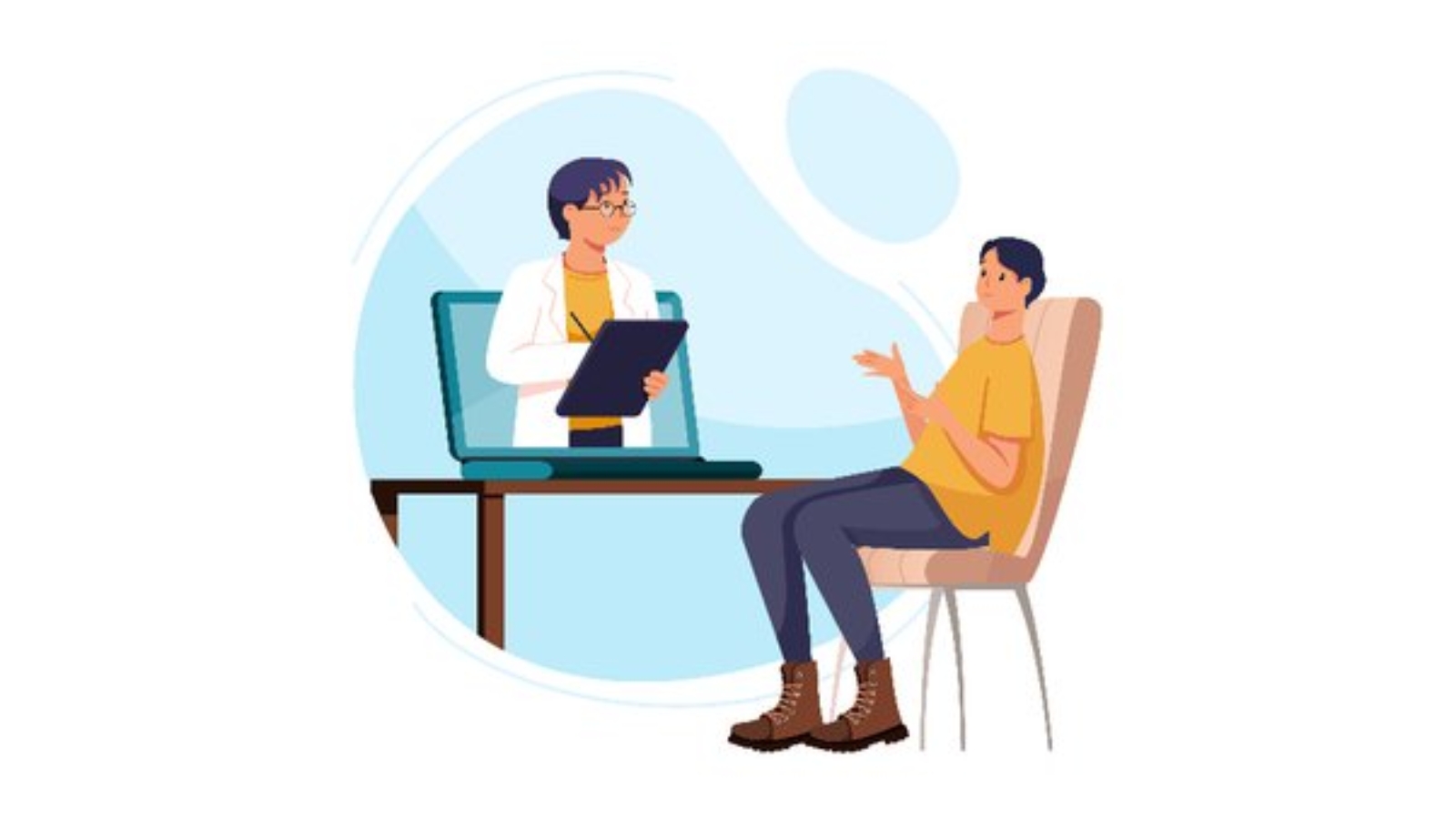Exploring the Benefits and Considerations of Online Therapy and Mental Health Apps
In recent years, the way we access mental health support has undergone a significant transformation. The rise of digital mental health services, including online therapy and mental health apps, has provided new avenues for individuals to seek help, manage their mental well-being, and find support in times of need. In this blog, we will delve into this digital revolution in mental health, examining the advantages it offers and the important considerations keep in mind.
Benefits of Digital Mental Health:
1. Accessibility and Convenience:
Online therapy and mental health apps are available 24/7, providing unparalleled convenience for individuals with busy schedules or those who may be hesitant to seek help in person. This accessibility ensures that support is just a few clicks away, promoting early intervention and timely assistance.
2. Cost-Effectiveness:
Traditional in-person therapy can be expensive and may not be covered by insurance. Digital mental health services often come at a fraction of the cost, making mental health support more affordable and accessible to a wider range of people.
3. Anonymity and Reduced Stigma:
Many individuals face stigma or fear judgment when seeking help for mental health issues. Digital platforms offer a level of anonymity that can reduce these barriers. Users can receive support without disclosing their identity, helping to destigmatize mental health care.
4. Variety of Options:
Digital mental health encompasses a range of services, from text-based therapy to video consultations and self-help apps. This variety allows individuals to choose the format that suits their preferences and needs.
Types of Digital Mental Health Services:
1. Online Therapy:
Online therapy platforms connect individuals with licensed mental health professionals via secure video or messaging. Users can schedule sessions that fit their schedules and choose from a wide range of therapists.
2. Mental Health Apps:
Mental health apps provide tools and resources for managing stress, anxiety, depression, and other mental health concerns. They may include mood tracking, relaxation exercises, and guided self-help programs.
Considerations and Cautions:
1. Lack of Face-to-Face Interaction:
Digital mental health services lack the face-to-face interaction of traditional therapy. While this can be convenient, some individuals may find it less personal or struggle with non-verbal communication cues.
2. Privacy and Security:
Before using any digital mental health service, it’s essential to ensure that your data is secure and your privacy is protected. Look for platforms that use encryption and comply with healthcare data regulations.
3. Qualified Professionals:
If seeking online therapy, choose platforms that connect you with licensed and qualified mental health professionals. Verify their credentials and ensure they adhere to ethical guidelines.
4. Evidence-Based Apps:
Not all mental health apps are created equal. Look for apps that are evidence-based and have been reviewed or recommended by mental health experts or organizations.
User Experiences and Testimonials:
Real-life stories can provide valuable insights into the effectiveness of digital mental health services. Many individuals have found relief and support through these platforms, and their testimonials can offer hope and encouragement.
The Future of Mental Health Support:
The digital revolution in mental health is ongoing and promises to bring even more innovation. Emerging technologies, such as AI-powered therapy bots and virtual reality therapy, are on the horizon, potentially transforming the landscape of mental health support.
Conclusion:
The rise of digital mental health services has expanded access to mental health support and reduced barriers to seeking help. Whether you’re considering online therapy or exploring mental health apps, it’s important to choose reputable and secure platforms. The future holds exciting possibilities for digital mental health, and as these services continue to evolve, they have the potential to improve the mental well-being of countless individuals.
Remember, seeking help is a sign of strength, and these digital resources are here to support you on your mental health journey.

